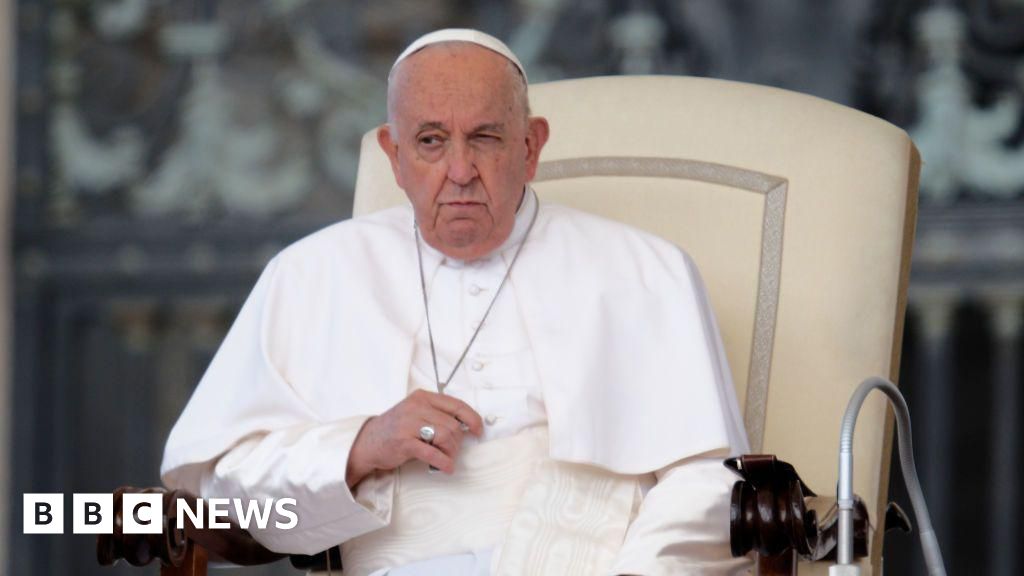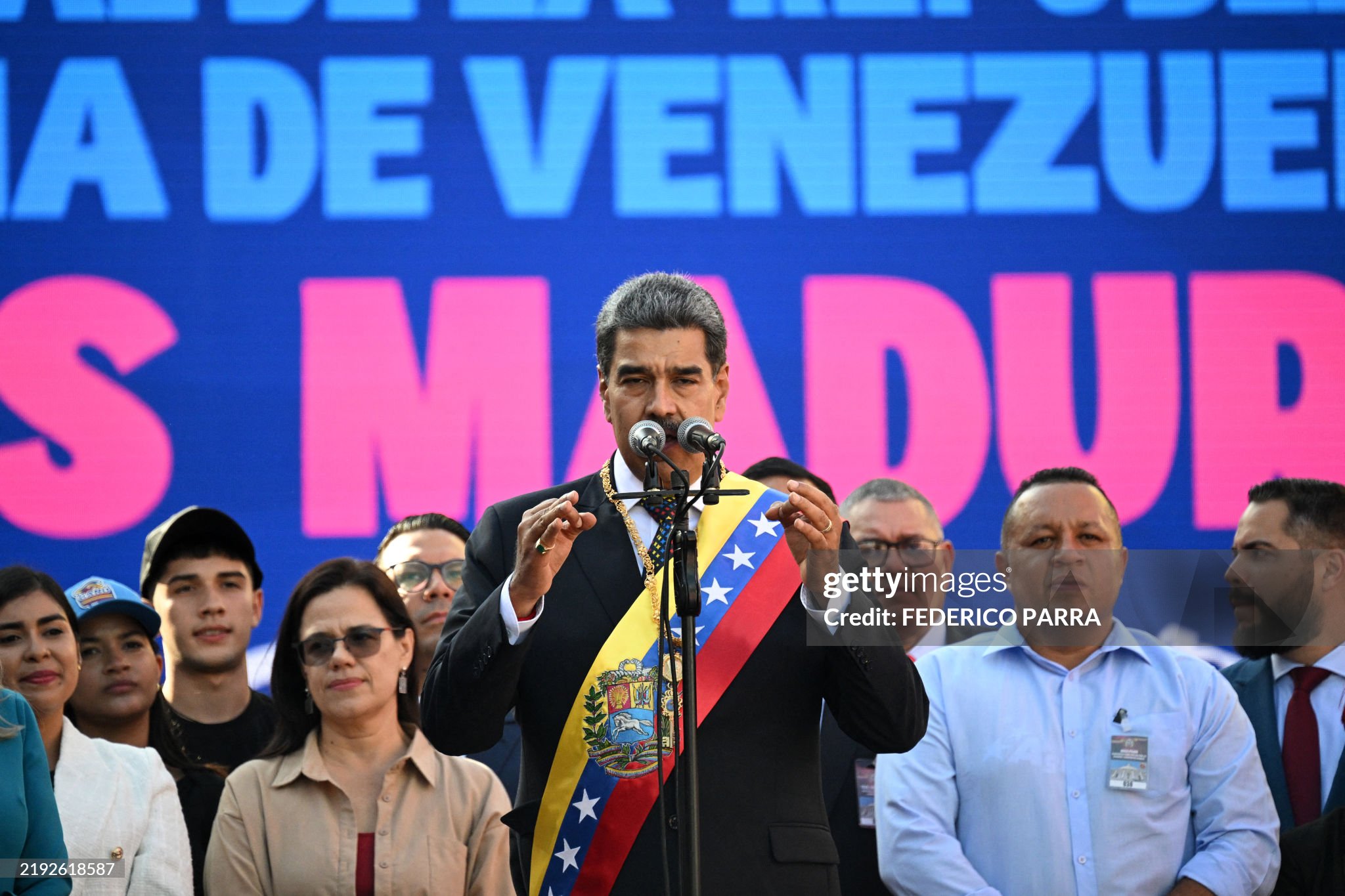As Mexico’s June elections approach, cartel violence is marring the campaign trail with most political seats in play as well as the likelihood voters could choose their first female president.
Lila Abed of the Wilson Center’s Mexico Institute tells CBN News these elections are crucial not only for Mexico but also for U.S.-Mexico relations, given the significant issues at stake.
“More than 20,000 positions are up for election,” Abed said. “So not only the presidency, but 128 senators, 500 congressional deputies, nine governorships, and a lot of municipal and local elections.”
The 2024 election season has become one of the most violent on record in Mexico. A wave of politically motivated attacks has resulted in nearly 200 deaths this year, including at least 30 politicians. Many others still face threats of assault or kidnapping ahead of the June 2nd vote.
Abed sees this as a critical and historic moment with the two major coalitions touting female presidential candidates. Xóchitl Gálvez, representing three combined parties, is up against former Mexico City mayor, Claudia Sheinbaum, the ruling party’s pick and friend of current president Andres Manuel Lopez Obrador, known as AMLO.
“The truth is that AMLO’s security strategy of ‘hugs – not bullets’ has not solved Mexico’s organized crime.”
From fentanyl and human trafficking threatening the U.S. southern border to almost two tons of methamphetamine recently seized in Spain, it’s clear the cartels’ network is expanding.
Abed emphasizes the importance of a quick, positive relationship between Mexico’s next president and the United States, especially on major issues like immigration, security, and trade as future cooperation hangs in the balance.
“A lot of the priorities of national security for the United States depend on its cooperation with Mexico,” said Abed. “So anywhere from migrants and stopping migrants from reaching the U.S.-Mexico border, they need forcefully the Mexican government’s cooperation on all fronts, not only on its border with the United States but in Mexico’s southern border with Guatemala. In terms of security, the United States has a health crisis in terms of fentanyl and opioid addiction. The only way they’re going to be able to solve that issue is by cooperating further with Mexico’s security agencies.”
With so much uncertainty going into this election, Abed says it’s possible that violence and immigration pressures will likely increase even after results come out, putting unprecedented strain on the 2,000-mile U.S.-Mexico border.
“The root causes that cause migrants to leave their country of origin continue to exist – anywhere from political instability, to violence, to lack of economic opportunities, to even climate change,” Abed said. “This is all going to push migrants to continue to track north as long as these issues continue to exist.”





















Discussion about this post